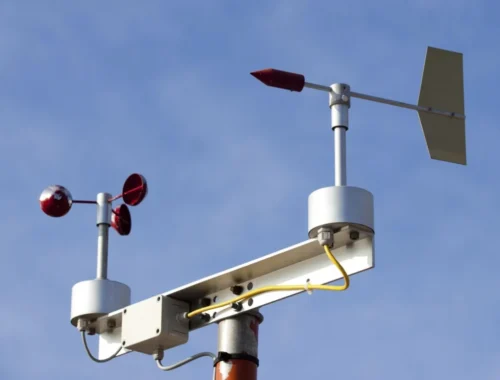Trade conflict won’t ‘disturb’ reform pace
Trade pressure will not disturb China’s pace in deepening market-oriented reforms, upgrading manufacturing or improving technology-intensive production, according to a Chinese senior economist.
"No matter what happens, we will improve our market institutions, complete the transition to a well-functioning market economy and further open up," said Justin Yifu Lin, dean of the Institute of New Structural Economics and honorary dean of the National School of Development at Peking University. Lin spoke in a recent exclusive interview with China Daily. "It is good for China, and it is good for the rest of the world."
He predicted that the impact of trade disputes on China’s growth will be around 0.5 percentage point, more optimistic than the International Monetary Fund’s prediction of a 0.5 to 1.5 percentage point decrease in China’s GDP growth rate.
Facing an escalation of trade conflicts with the United States, the world’s second-largest economy will take counter-cyclical measures to offset impacts, but the adjustment will be minor, according to Lin, who previously was the chief economist at the World Bank.
"I do not expect major changes in overall policy direction, even if the US imposes 25 percent tariffs on all China’s exports."
China can continue to reduce some income taxes and deepen business regulation reform to make business operations simpler and easier. That would reduce costs for corporations and offset the tariffs’ negative effects, he said.
Conflicts between the world’s two largest economies now have spread from trade to technology. The US recently announced it would cut off wireless-equipment provider Huawei Technologies from its US suppliers.
"If there is a kind of trade war, we will have to produce important products that we cannot import from abroad. The US is not the only source, and other countries may also be able to supply most of the goods," Lin said, pointing to Huawei as an example. China’s economic cooperation with the rest of the world will not change, he added.
China has competitive advantages in many high-tech products, a significant portion of which are developed and produced by the nation’s profit-oriented private sector on a competitive market basis, Lin said.
Chinese producers also have accumulated resources including technological research and human capital, consolidating their competitive advantages in high-tech manufacturing, according to Lin.
The IMF warned that recent and additional possible tariffs could reduce global GDP by about 0.3 percentage point in the short term, with half of the effect from damage to businesses and market confidence.
The IMF found that some of the additional tariffs have been passed on to US consumers, while others have been absorbed by importing firms through lower profit margins.
A further escalation in trade tensions could pose further downside risks to China’s growth outlook, but a stronger policy response is likely to offset the risks, according to Fitch Ratings.
"The current policy mix has been quite distinct from prior easing episodes," said Andrew Fennell, director and lead analyst for China sovereign ratings at Fitch.
Fiscal policy is taking more of an active role, with Fitch’s estimate of China’s consolidated fiscal deficit rising substantially this year to nearly 6 percent of GDP. Quasi-fiscal activity, including infrastructure spending, has been more muted than in the past, he said.
The global rating agency also noted that the current easing cycle has featured no cuts to China’s benchmark interest rates, reflecting the authorities’ desire to avoid sending too strong a "stimulus signal", given the prior policy focus on deleveraging.
Click Here: titleist golf balls
You May Also Like

Pool Products: Essential Accessories for Your Swimming Pool
March 17, 2025
Wind Speed Measurement Instrument: An Essential Tool for Accurate Weather Monitoring
March 19, 2025